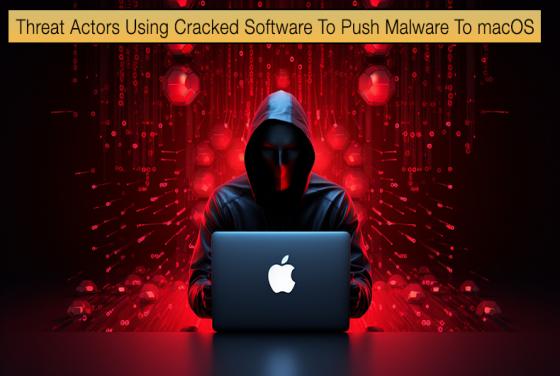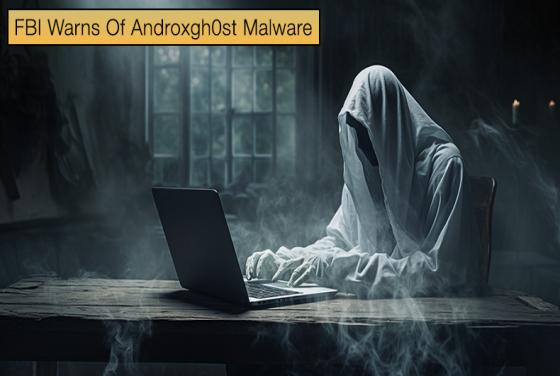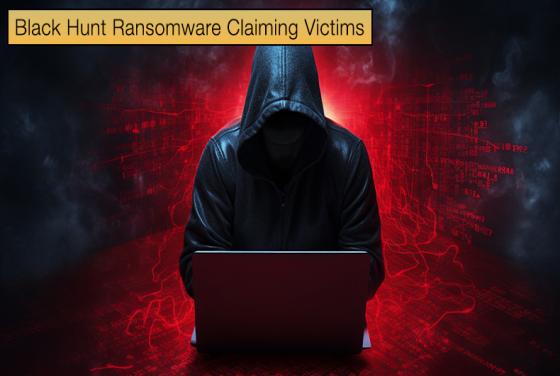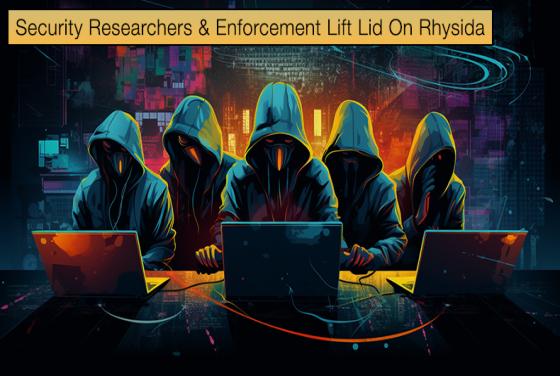

Ransomware Decryptor Made Available Online For The Less Tech Savvy
Security firm CyberArk has developed an online version of its White Phoenix decryptor, designed to help make it easier for victims to decrypt encrypted files. This can help victims of specific ransomware attacks recover files without downloading a GitHub repository. To use the online version o








